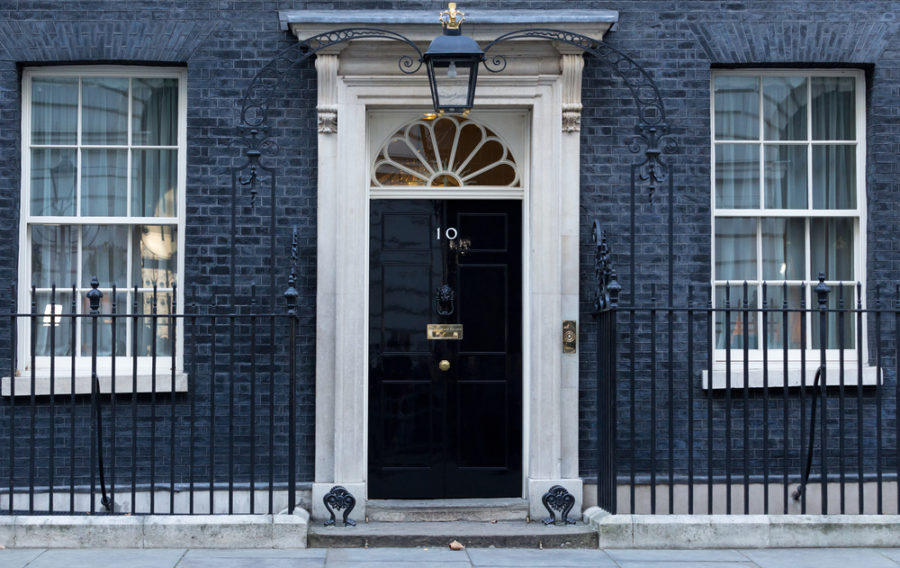
Now the dust has settled following the General Election, Defence Online looks at the potential impact on defence spending following the Conservative Party’s return to power.
Prime Minister Boris Johnson and the Conservative Party’s victory last week, buoyed by the largest Tory majority since 1987, is likely to result in a raft of changes across many government departments. But what could this mean for the defence industry?
The Conservative Party manifesto pledged that a Tory government would exceed the minimum 2% of GDP defence spend, with an increase of 0.5% above inflation for every year of the new parliament.
The manifesto stated: ‘We will support the UK’s world-class defence industry by investing in ambitious global programmes, including building the new Type 31 frigates in British shipyards such as Rosyth and a new generation of armoured vehicles, made in Britain.’
It also pledged to modernise and invest in training and equipping the armed forces including a focus on investment in cyber security and creating a UK Space Command.
A further indication of this could be seen when Prime Minister Boris Johnson and the NATO other leaders, including US President Trump, recently met for talks designed to strengthen the alliance and to ensure it is best placed to deal with future challenges.
In a declaration, the NATO leaders outlined their pledge on defence spend, stating: ‘We are determined to share the costs and responsibilities of our indivisible security. Through our Defence Investment Pledge, we are increasing our defence investment in line with its 2% and 20% guidelines, investing in new capabilities, and contributing more forces to missions and operations.’
The Prime Minister outlined the government’s commitment to maintaining its NATO defence spend. He said: “For the UK’s part, we spend over 2% of GDP on defence. We are proudly making the biggest contribution of any European ally to NATO’s Readiness Initiative by offering an armoured brigade, two fighter squadrons and six warships, including the Royal Navy’s new aircraft carriers.”
The declaration also highlighted the need to invest in technology to meet emerging threats such as cyber and hybrid attacks, protect key infrastructure and recognised space as an operational domain.
More speculatively, there have been reports that the Prime Minister’s chief aide, Dominic Cummings, will be tasked with an overhaul the Ministry of Defence’s procurement strategy. The MOD has previously been criticised for its gaps in its spending plans and it is thought this intervention is being done with the intention of reviewing and ultimately modernising the MOD’s method of procurement.
We are likely to learn more this coming week when the Queen formally opens Parliament on Thursday and sets out the government’s legislative programme.
image © dominika zarzycka / Shutterstock.com
If you would like to join our community and read more articles like this then please click here.
Defence Procurement defence spend General Election 2019 Ministry of Defence MOD NATO







